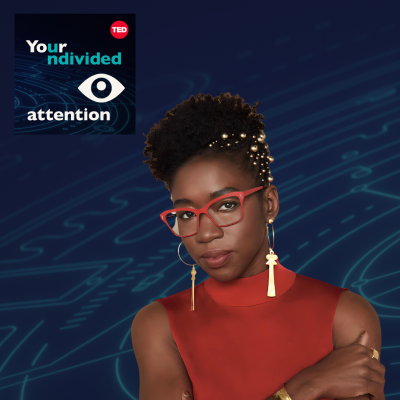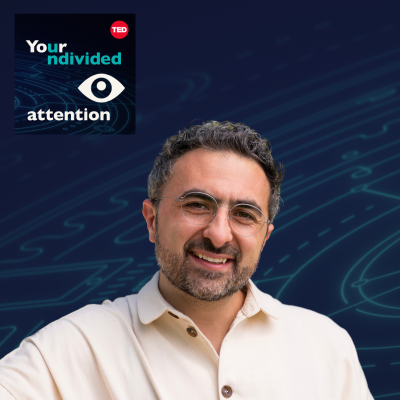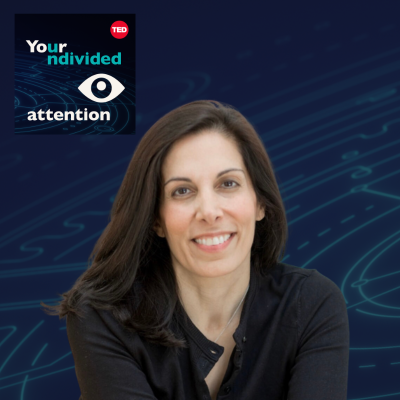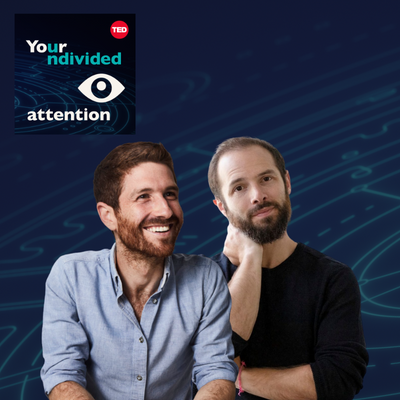Episode 77 | Oct 26, 2023
No One is Immune to AI Harms with Dr. Joy Buolamwini
In this interview, Dr. Joy Buolamwini argues that algorithmic bias in AI systems poses risks to marginalized people. She challenges the assumptions of tech leaders who advocate for AI “alignment” and explains why some tech companies are hypocritical when it comes to addressing bias.
Dr. Joy Buolamwini is the founder of the Algorithmic Justice League and the author of Unmasking AI: My Mission to Protect What Is Human in a World of Machines.
Correction: Aza says that Sam Altman, the CEO of OpenAI, predicts superintelligence in four years. Altman predicts superintelligence in ten years.
Other recommended reading
Unmasking AI by Joy Buolamwini
“The conscience of the AI revolution” explains how we’ve arrived at an era of AI harms and oppression, and what we can do to avoid its pitfalls
Coded Bias
Shalini Kantayya’s film explores the fallout of Dr. Joy’s discovery that facial recognition does not see dark-skinned faces accurately, and her journey to push for the first-ever legislation in the U.S. to govern against bias in the algorithms that impact us all
How I’m fighting bias in algorithms
Dr. Joy’s 2016 TED Talk about her mission to fight bias in machine learning, a phenomenon she calls the "coded gaze."



